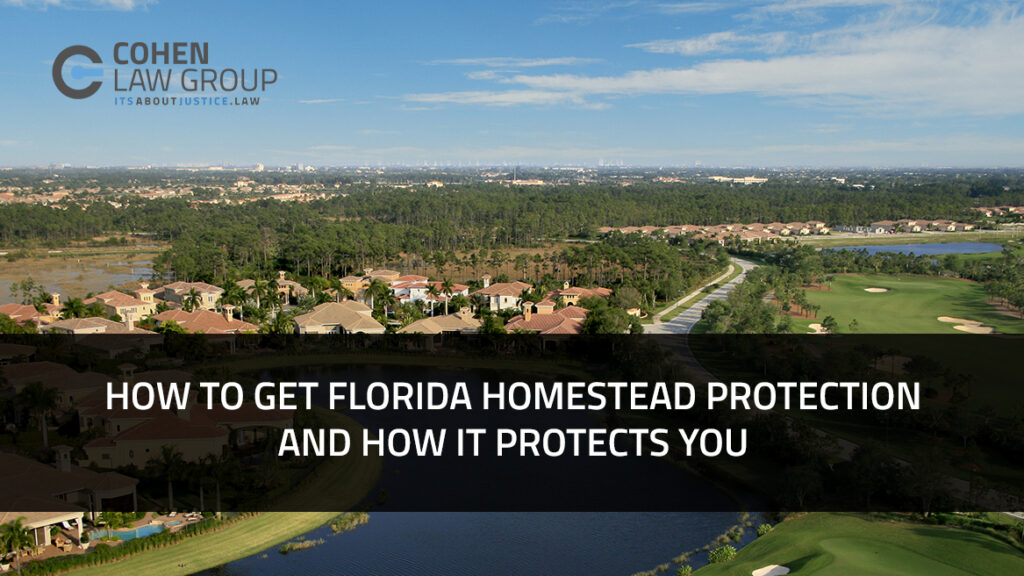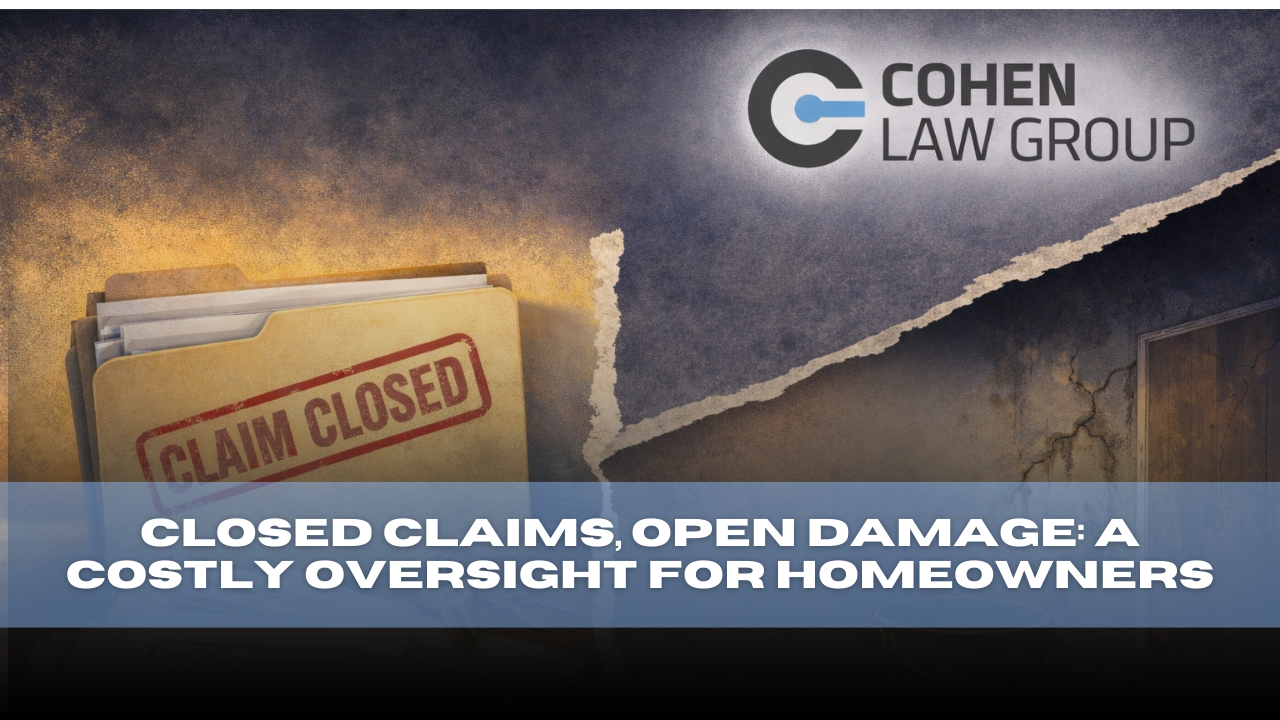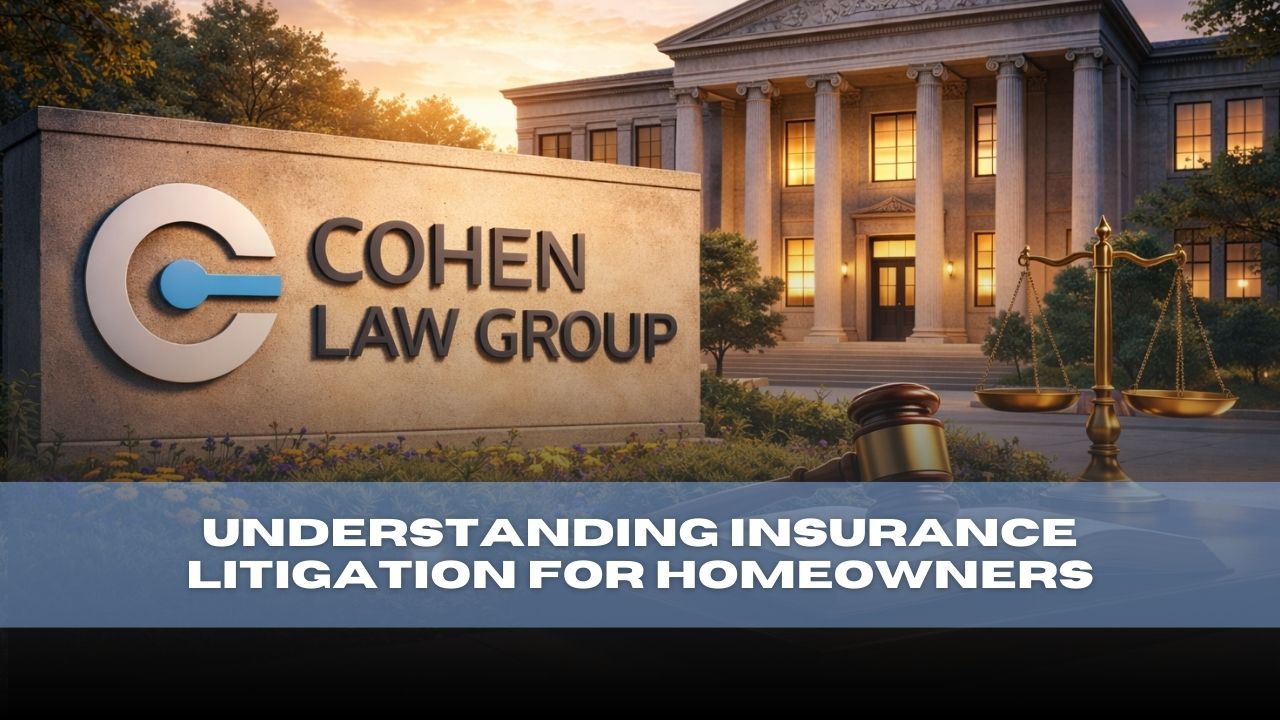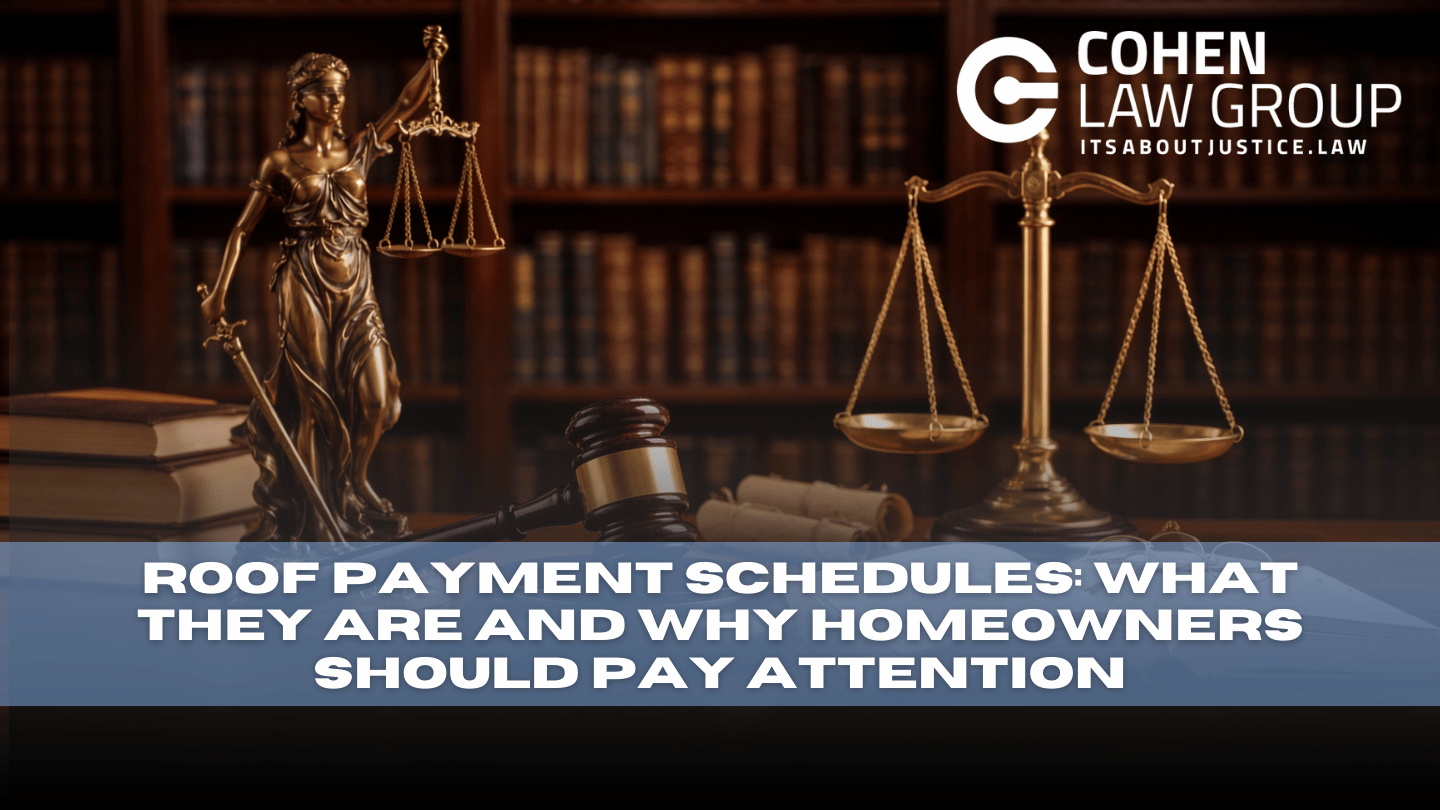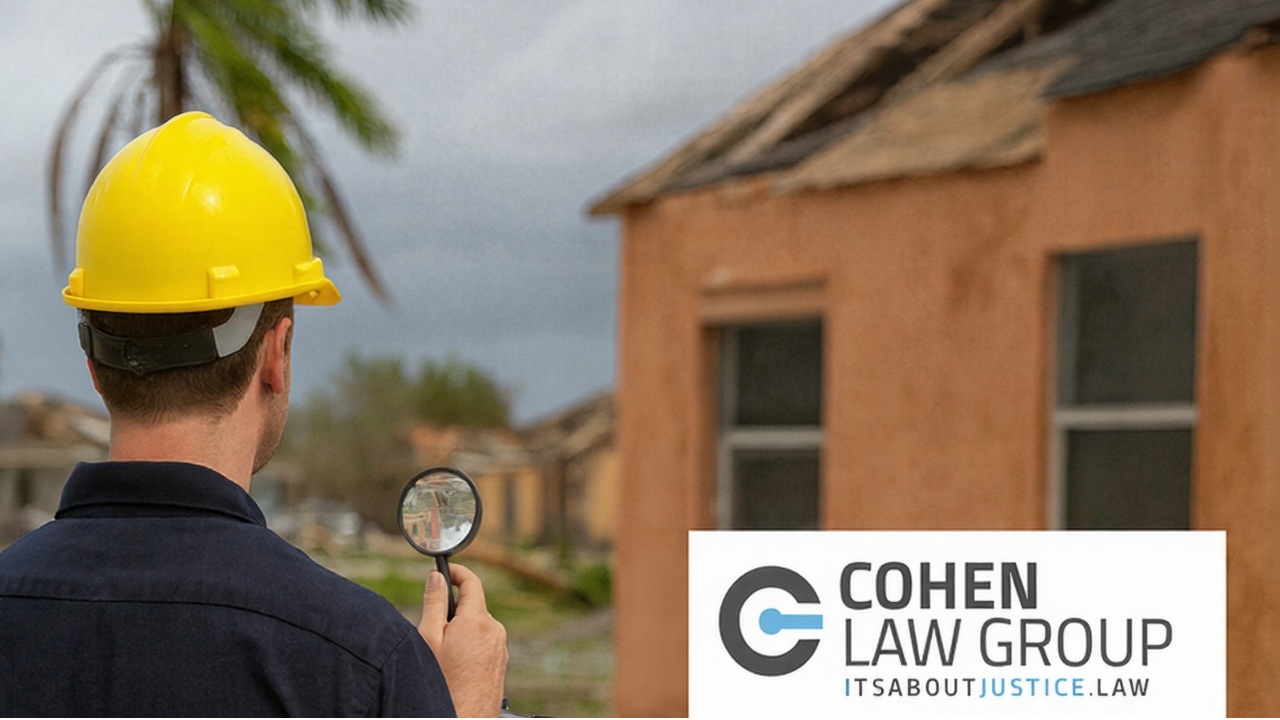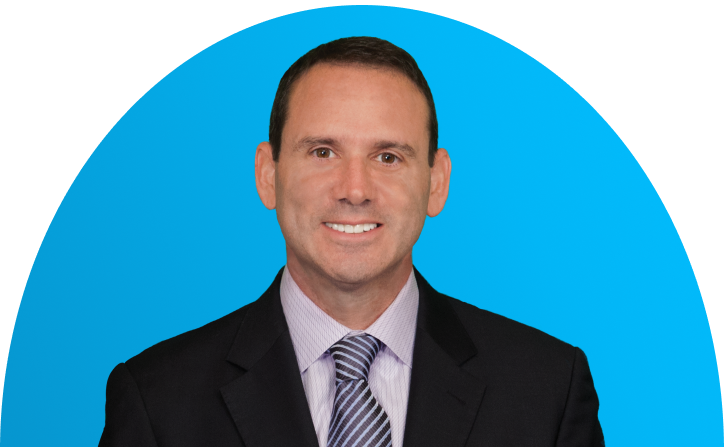How can you get it and how does it protect you? Homestead exemptions are incredible laws that protect families living in the state. The concept of homestead exemption derives from public policy, rather than principles of equity. There are three different benefits of Florida homestead exemptions:
- Debtor protection against forced sale by creditors;
- Restrictions on conveying the property; and
- Reduction in taxes.
It is important to note that while homestead protection may protect against forced sale by creditors, this does not include protection from paying your property taxes, obligations contracted for the purchase of the property, or liens for work done on the property. In other words, homestead protection does not shield against fraud or reprehensible conduct.
In order to qualify for homestead exemption the property must satisfy three key requirement: 1) The property must be owned by a “natural person”; 2) The owner must have made, or intend to make the property his permanent residence or that of his family; 3) the property must meet certain size and contiguity requirements.
To expand, a natural person must be a human being and cannot be a company or corporation. Additionally, the property must meet certain size requirements. If the property is located within a municipality, then it may not exceed a one-half acre of contiguous land. If located outside a municipality, a property may not exceed 160 acres of contiguous land. Homestead also provides protection for personal property to the value of one thousand dollars.
The protection a homestead provides pass on to the surviving spouse or heirs of the owner. Additionally, an owner of homestead property may not devise his property if the owner is survived by a spouse or minor child. However, if the owner of a homestead is joined by the spouse, they together may alienate the homestead by mortgage, sale, or gift.
 Ustena Fam, Esq.
Ustena Fam, Esq.
DISCLAIMER: This website is for informational purposes only and does not provide legal advice. Please do not act or refrain from acting based on anything you read on this site. Using this site or communicating with Cohen Law Group through this site does not form an attorney/client relationship. This site is legal advertising. Please review the full disclaimer for more information by clicking here.

